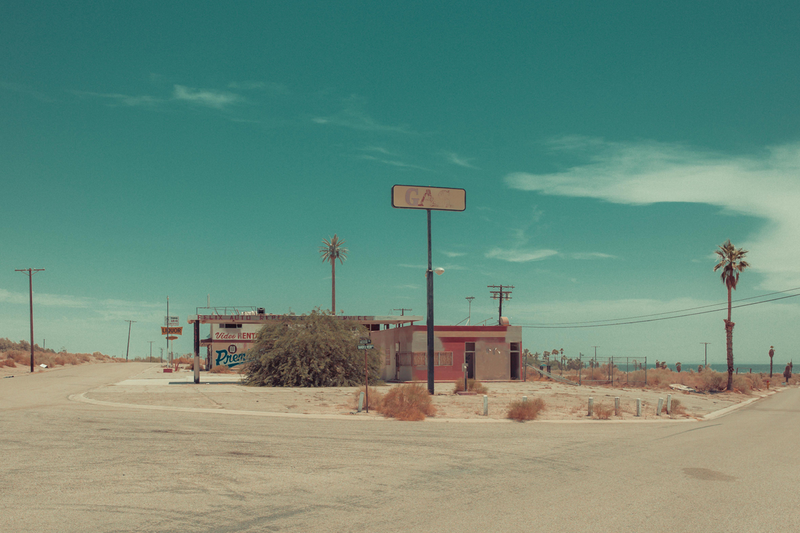29 Sep
Markets position
The US equity markets are mostly at or near all time highs. The SPX P/E ratio is around 31, according to something I read, although measuring this is probably tricky as headline earnings are almost never GAAP now, but “adjusted.” It seems hard to believe that monetary conditions will get any looser, with inflation running at double target, even with the opaque “average inflation targetting” that the Fed endlessly uses to justify delay in tightening. Although we are near all-time highs, with NDX dropping 2.5% on the odd day recently, momentum is faltering. We’ve probably been here before, but it feels different this time (as it always does).
Consensus forecasts by analysts have been breaking records. But, for me, analyst forecasts are really backward looking. A sell-side guy never wants to spook the buy-side clients of his employer, so is always looking at the world through rose-coloured glasses. It’s easy to beat estimates by 20% when your company has been in hibernation for a year. Continuing to do so when all your costs, from labour to raw materials, are rocketing.
Labour is a particular problem. There is a big churn in the labour market. Many people are quitting (or not coming back from furlough), and others have discovered that when they change jobs they get a much better salary uplift than when they soldier on. As GDP slows, but labour costs continue to rise, this will squeeze margins and depress stocks.
No new oil projects
This report says that if govts. are serious about controlling rising temperatures, a lot of oil and gas reserves will be “stranded.” The chart shows most of the major oil producers. It’s interesting that Pioneer and Aramco have almost all their reserves still developable under the IEA Sustainable Development Scenario (SDS) but the vast bulk of Ecopetrols reserves could not be developed ever, under this scenario. (Ecopetrol? me neither.) Anyway, it’s an interesting angle on these development companies. Devon, Petrobas, Hess, CNRL all look well positioned from this perspective.
Debt Ceiling
The US is a foreign country. They do things differently there. The idea of having a ceiling on the total amount of debt outstanding is a familiar one. The laughably named “Growth and Stability Pact” that throttled growth and created instability is a case in point. But at least the debt limit in it didn’t create a sudden death date, and scenes of civil servants being sent home on unpaid leave. It’s insane, but yet another political cudgel, this time used by the Republicans to bash Biden. Politics really is the ugly game, played by ugly players.
Electric machines
$F, Ford is doing well. It’s making lots of electric vehicles now. I would have thought that a short $TSLA/ long $F pairs trade might be interesting.
What ever happened to ideology?
One of my favourite podcasts is Capitalisnt. I’ve been a fan of Luigi Zingales for a long time, but his co-host Bethany McLean is the perfect foil. They are not ideological, but they are analytical. They had a repeat episode this week, which you might even be able to listen to embedded in this page:
The format for this particular episode is unusual, in that there is no guest invited on to advocate for a particular point of view. The two hosts discuss how important democracy to allow capitalism to function. Zingales’ position is that it is absolutely critical because, as he says, it puts the whole citizenry in the position of the referee, so that attempts to bribe the referee (what happens in almost every society, autocratic or not) leave the public better off. Of course, ‘the public’ here might be just a ‘winning coalition’ in the jargon of selectorate theory, but that’s a lot better than just a few oligarchs.
Although Zingales is far from being an ideologue, he suggests that the capture of the Democrats and Republicans in the US by the plutocrats is partly the result of the end of ideology following the collapse of the Soviet Union. Interestingly, he pointed out that in his native country, Italy, when communists were elected to government they tended to be squeaky clean, because of the distaste for venality that their ideology gave them.
Headhunter Group
I don’t really associate Russia with IT excellence, but actually it has a few pretty strong firms. Yandex, Mail.Ru, and (I know realize) Headhunter Group (HHR:NAQ). The price action of $HHR has been nothing short of spectacular. There is very good write up by Brandon at Macro Ops. Russia is a kleptocracy, but kleptocrats need stonks to go up too, so I think that this one might be worth tracking.
Wrap
This was an odd sort of day. Quite a few equity markets recovered from yesterday’s weakness, but Far Eastern exchanges were weak. The AUD was weak, and the US dollar was strong, indicating a macro-level risk off sentiment. Nat gas crashed 7%, but most other hydrocarbon energy commodities were up. Bonds seem unfazed, although this might be an illusion, with inflation fears exactly offsetting the flight to fixed income that would normally be seen with a 0.7% jump in DXY. GBP was down 0.9% vs USD. Gilts will struggle in this kind of environment. The UK is running a trade deficit of GBP 60 B per year. That is going to weigh heavily on the currency, and a weak pound is incompatible with low gilt yields. The forecast for the current account is for it to get much worse: GBP 22.6 B quarterly. Somehow the forecasts are for Sterling to remain fairly flat.
Precious metals were weak. The momentum is endlessly down. At some point gold will catch a bid, but for the moment everyone is dumping it for bitcoins. Oh, well BTC was down 0.3% vs USD, but still up 40% on the year.
Image

Comments !